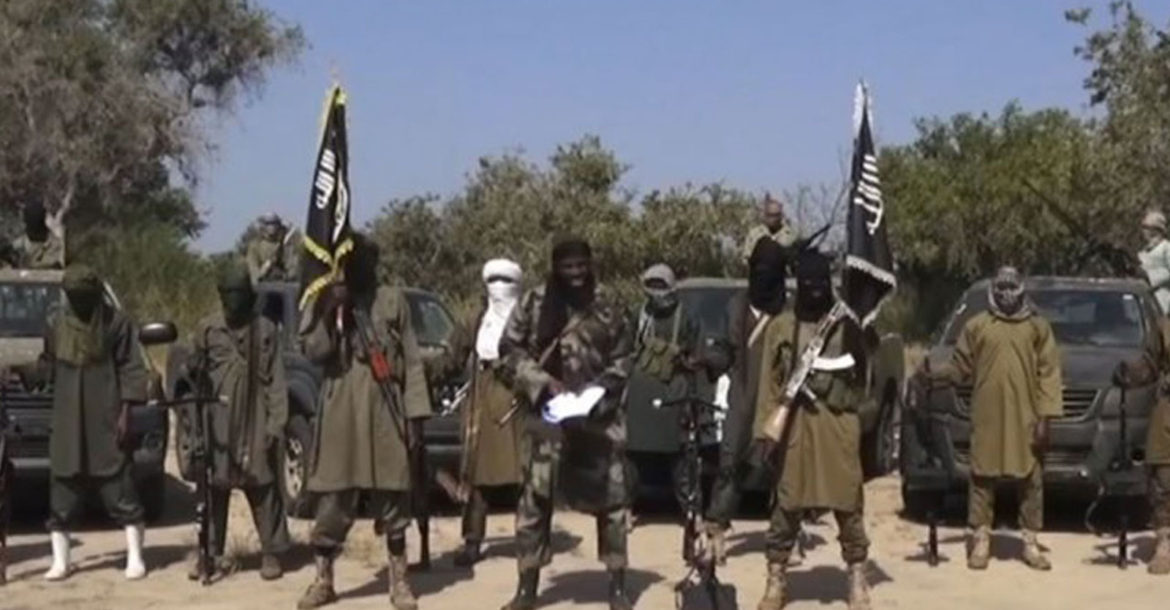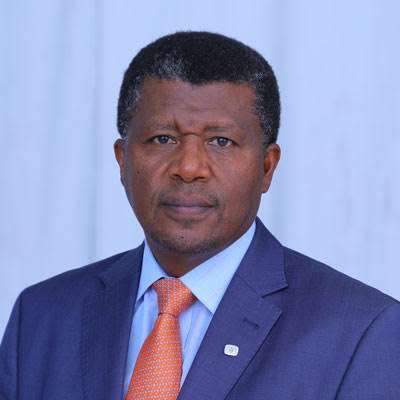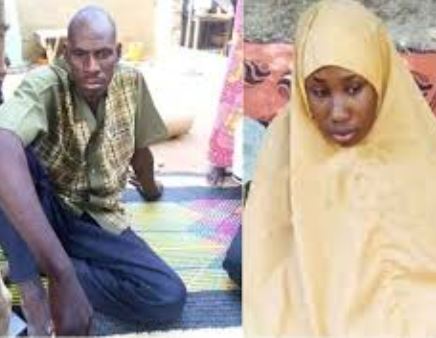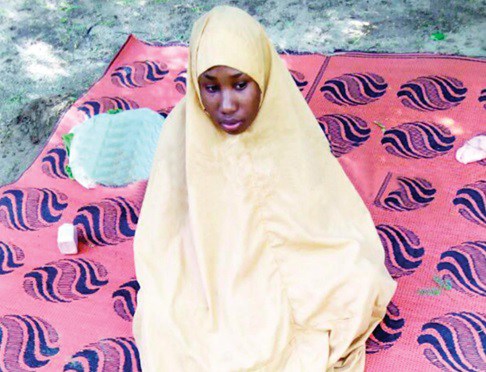About 35,000 people and 37 aid workers have lost their lives since the Boko Haram insurgency group started their murderous campaign in the Northeast in 2009, says the United Nations Office for the Coordination of Humanitarian Affairs (UN OCHA).
Head of the body in Nigeria, Peter Ekayu who disclosed this in a statement marking the humanitarian day, noted that over the years, too many innocent children, women and men had died in the violence.
“These are 35,000 deaths too many. As we mark World Humanitarian Day to honour aid workers around the world and in Nigeria, who often risk their own lives to help save and improve that of others, I salute the courage and relentless commitment of not only colleagues and partners, but also affected people and families have shown over the years,” Peter said.
“Our efforts are not vain. Together, we are making a difference in the life of millions. These everyday heroes are working tirelessly to provide much-needed vital assistance to the most vulnerable people affected by the crisis in the states of Borno, Adamawa and Yobe.
“Today, we are paying special tribute to the women among them. Women are active in every aspect of humanitarian action: from negotiating access to people in need, to addressing deadly diseases such as measles and cholera. From reuniting separated children to ensuring people uprooted by natural disasters and conflict have shelter, access to clean water, healthcare, food and education.
“Saifura Hussaini Ahmed Khorsa and Hauwa Mohammed Liman. They were midwives with ICRC and were executed after being held in captivity by non-state armed groups for more than six months. Both aid workers were abducted from Rann town, Borno State in March 2018 along with a nurse from UNICEF who is still held in captivity.
“Faye Mooney. She was a British communications and learning specialist with the non-governmental organization Mercy Corps. She lost her life in an attack by gunmen in Kaduna State earlier this year.
“We are here together to honour them and their grieving families, relatives and children surviving them. As I stand before you today, my thoughts also go to the families of our colleagues who are still being held captive by armed groups.
“My heart also goes out to the families of the thousands of civilians who have been similarly abducted and whose whereabouts are still unknown.
“Today, we are here together to remind the world that the humanitarian crisis hitting Borno, Adamawa and Yobe states is far from over.
“The less attention we pay to the crisis in the north-east, the more risks face our colleagues who are working in extremely volatile areas struck by violence and devastation.
“As respect for the laws of war weakens, aid workers are increasingly vulnerable, though they are more needed than ever before.” He added.

 Health6 days ago
Health6 days ago
 Entertainment1 week ago
Entertainment1 week ago
 Crime6 days ago
Crime6 days ago
 Education1 week ago
Education1 week ago
 Health1 week ago
Health1 week ago
 Comments and Issues1 week ago
Comments and Issues1 week ago
 Football1 week ago
Football1 week ago
 Latest7 days ago
Latest7 days ago







